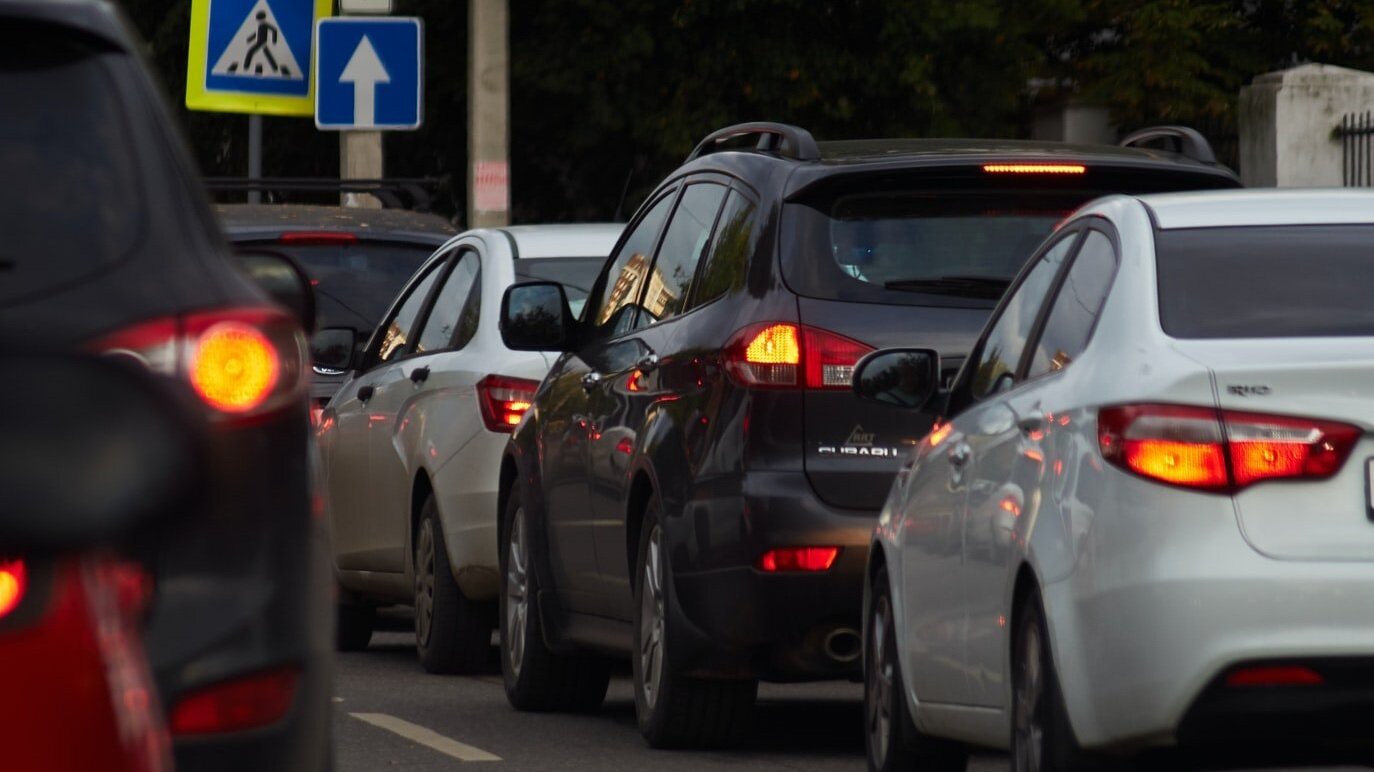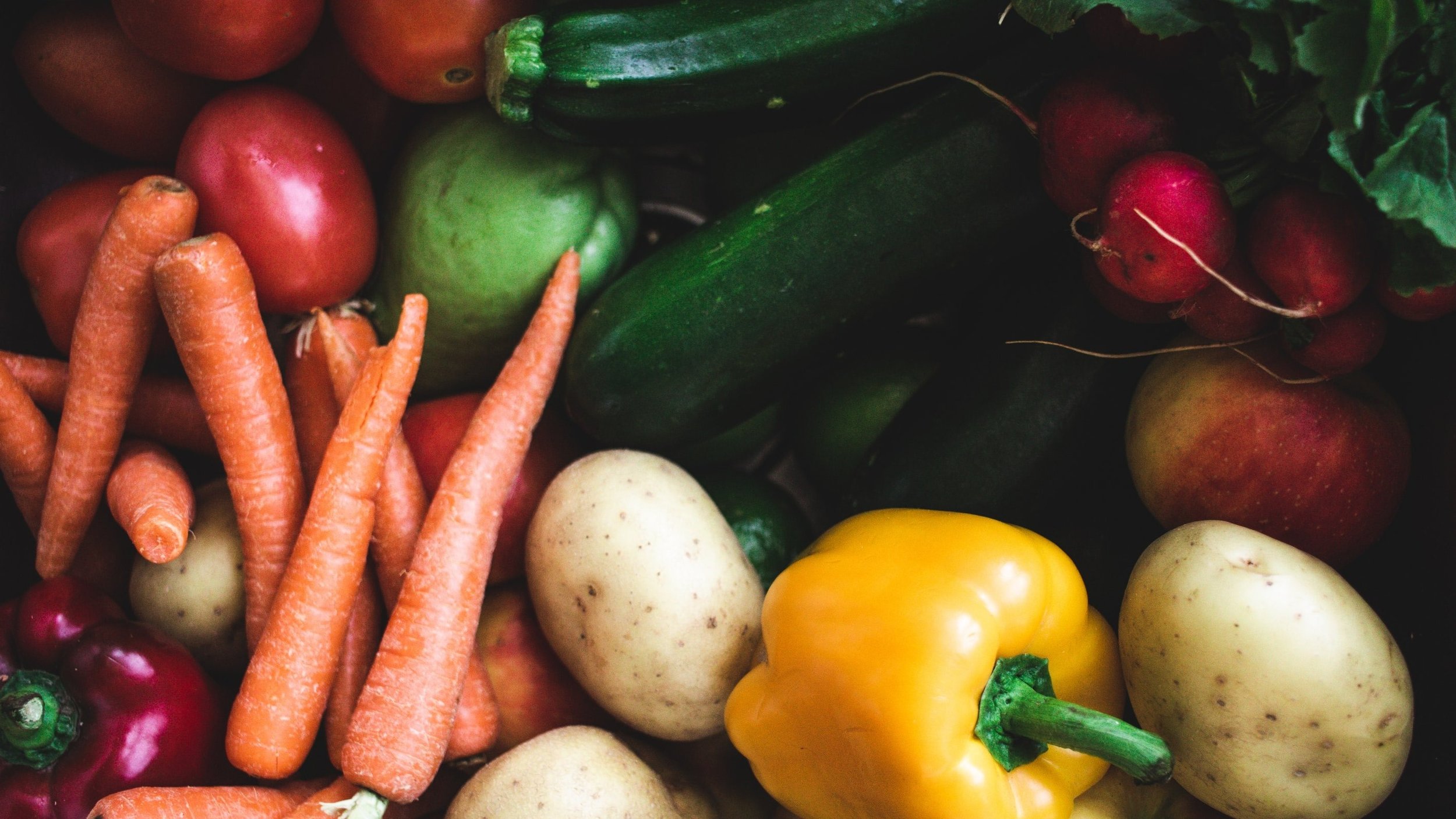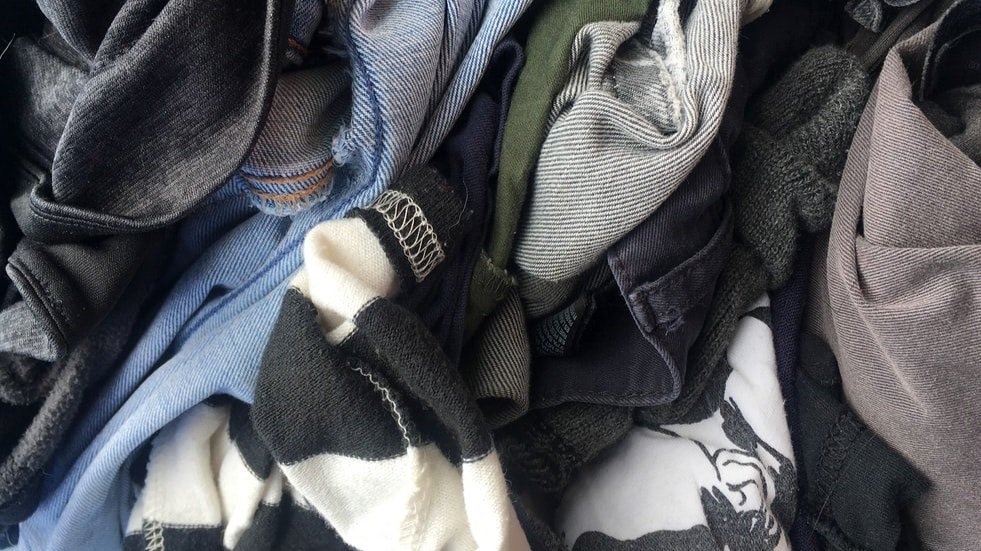
TAKE THE PLEDGE
Join us to create a sustainable future for our planet. Take the pledge to do these three things to reduce your carbon footprint.

1) GIVE RED MEAT A REST
Agriculture is a significant driver of global warming and causes 15% of all emissions, half of which are from livestock. Furthermore, the huge amounts of grain and water needed to raise cattle is a concern to experts worried about feeding an extra 2 billion people by 2050. Beef’s environmental impact dwarfs that of other meat including chicken and pork, new research reveals, with one expert saying that eating less red meat would be a better way for people to cut carbon emissions than giving up their cars.

2) BUY ONLY ENVIRONMENTALLY FRIENDLY CARS
The lifecycle emissions from your car are of vital importance. Your car can be in the environment for up to 20 years, so purchasing an environmentally friendly car from a manufacturer committed to producing these types of vehicles is vital. Vehicles powered by electricity are generally much more energy-efficient than those powered by fossil fuels. Depending on how the electricity is produced, increased use of battery-powered cars can result in considerably lower emissions of C02 and the air pollutants nitrogen oxides and PM, which are the main causes of air quality problems across the world. Additionally, the car industry must build smaller and more energy-efficient electric vehicles and do so in a sustainable manner while moving beyond producing ever more cars in the future.

3) USE YOUR VOICE
Please consider signing up for Project Zero's newsletter, and share our content or your own on your social media channels to help spread the word about the essential nature of the ocean and its role in combatting the climate crisis, and help to generate actions to make positive impact. And please: use your vote. We can make huge progress by electing politicians that can move us towards a sustainable world.
TIPS TO REDUCE YOUR CARBON FOOTPRINT

TRAVEL & TRANSPORT
Only fly when it’s necessary and if you have to fly, look at offsetting and choose airlines using biofuel.
If you’re going to fly, it should be for truly extraordinary and important reasons.
Fly economy (to take up less of the plane).
Or, take a slower and greener form of travel and arrange for a longer visit - think Greta and her boat!
Take low carbon modes of transport; walk or cycle short distances, take a train or bus, choose electric or hybrid taxis.
When buying a new car, switch to an electric or hybrid car.

FOOD
Give up red meat and dairy.
Consider moving to a primarily plant-based diet.
If you’re going to eat fish choose from a sustainable source and treat fish as a treat.
Buy locally-sourced food – purchase a local vegetable and fruit box to be delivered to your home
Get to know the supply chain and support the companies you like
Say no to single-use plastic and join the refill revolution – use your reusable bottle, coffee cup, take away food box, and cutlery when you’re on the move

FASHION
Support brands that are taking credible and authentic action towards sustainable fashion
Buy second-hand via charity shops, vintage stores and online marketplaces
If you’re buying new, focus on quality and keep in use
Choose sustainable fibres such as organic cotton, bamboo and recycled materials
Repurpose old clothing into new unique items
Donate or sell unwanted clothes on marketplaces such as Depop, Vinted or organise a clothes swap

CHOOSE SEAFOOD WISELY
Do you know who needs shark fins? Sharks. Skip the soup. Did you know Chilean Sea Bass is actually a fish called the Patagonian Toothfish that comes from far away places like Antarctica and are vital to keeping their ecosystem healthy? Did you know shrimp and prawns have a huge by-catch ratio – meaning that for each one you eat, many other species of fish have lost their lives and been tossed back overboard. You can help today. There are apps you can download to make ocean-friendly seafood choices including Seafood Watch (US), Good Fish Guide (Europe), and Sustainable Seafood (Australia).

